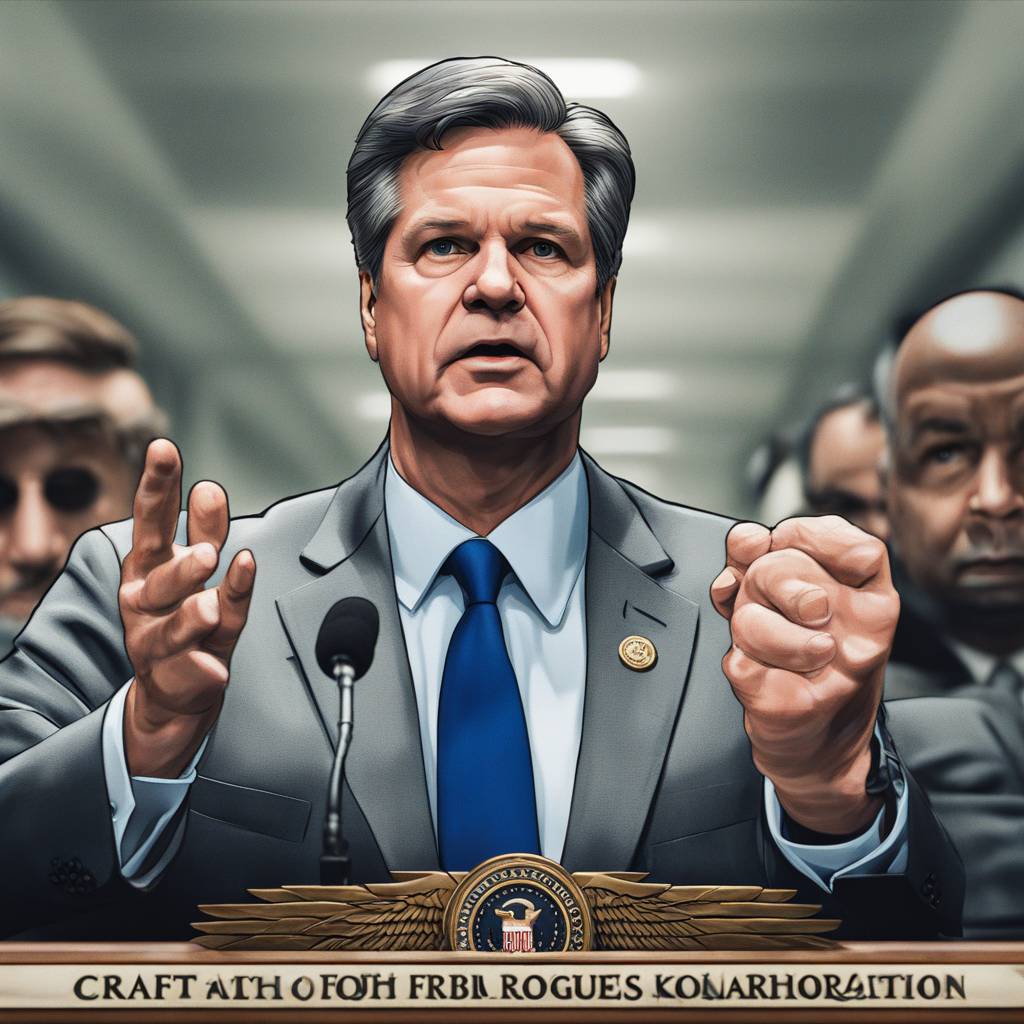FBI Director Christopher Wray expressed concerns about a potential coordinated attack in the U.S. similar to the ISIS-K attack at a concert hall in Russia. Wray emphasized the need for additional funding to protect Americans from terrorism, especially since the invasion of Israel by Hamas-led terrorists in October 2024. There has been heightened risk of violence in the U.S., with calls for attacks from various foreign terrorist organizations. The attack at Moscow’s Crocus City concert hall in March left 137 people dead, with the ISIS-K affiliate in Afghanistan claiming responsibility.
Wray stressed the urgency of the current threats to public safety and national security, noting that it was not a time to let up efforts. He highlighted the importance of Congress providing support, tools, and resources needed to address these threats and keep Americans safe. One tool that Wray emphasized was Section 702 of the Foreign Intelligence Surveillance Act (FISA), which is essential for identifying terrorists in the U.S. working with foreign terrorist organizations.
Section 702 helps the FBI find individuals collaborating with terrorist groups to prevent attacks on the country. Wray pointed out that the tool is crucial in combating threats emanating from countries like China and Iran, which target Americans through cyberattacks and other means. The FBI director warned that allowing Section 702 to lapse would increase the risk of missing crucial intelligence during a time of heightened national security threats.
Wray urged Congress to reauthorize Section 702, emphasizing that failing to do so or introducing new warrant requirements would be dangerous and put American lives at risk. He highlighted the significance of the tool in preventing terror attacks and safeguarding critical infrastructure such as electricity, water, and medical facilities. Wray emphasized the need for vigilance and support to address foreign threats, including the potential for a coordinated attack within the U.S.
The debate over renewing Section 702 has created challenges for lawmakers, with some GOP members blocking efforts to reauthorize the tool over concerns about privacy and potential abuse. House Speaker Mike Johnson has been caught in the middle between factions within Congress, trying to balance the concerns of the House Judiciary Committee and national security hawks. The disagreement centers on whether to require a warrant before querying communications made by an American citizen who may be communicating with a suspected terrorist overseas.
The conflict over Section 702 highlights the complex dynamics between privacy concerns and national security imperatives. While some lawmakers advocate for additional safeguards to protect individual rights, others emphasize the critical role of such tools in preventing terror attacks and securing the country from foreign threats. The ongoing debate underscores the challenges of balancing security needs with the protection of civil liberties in an increasingly complex and interconnected world.













